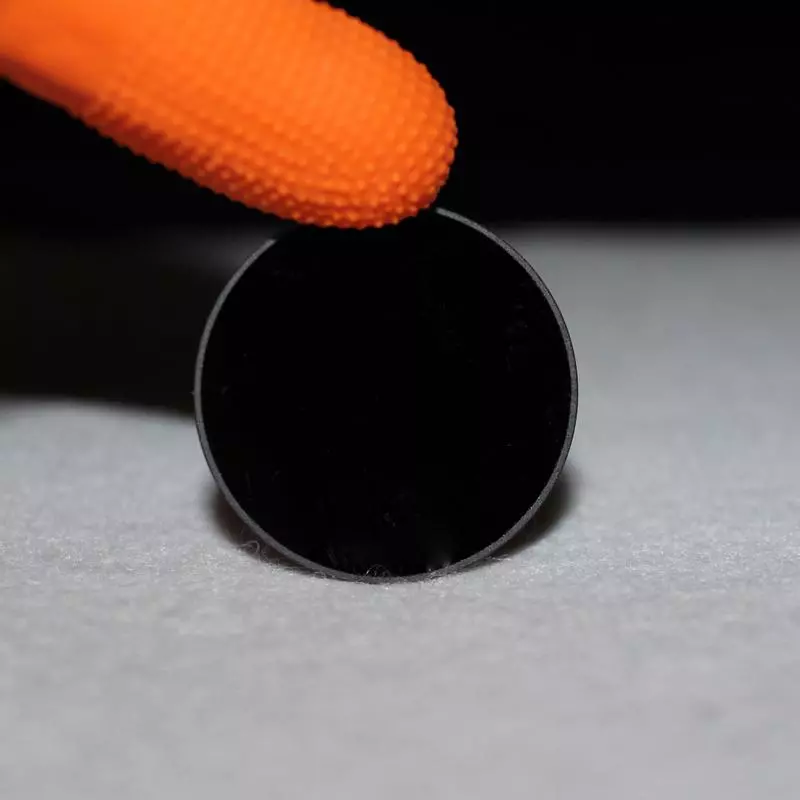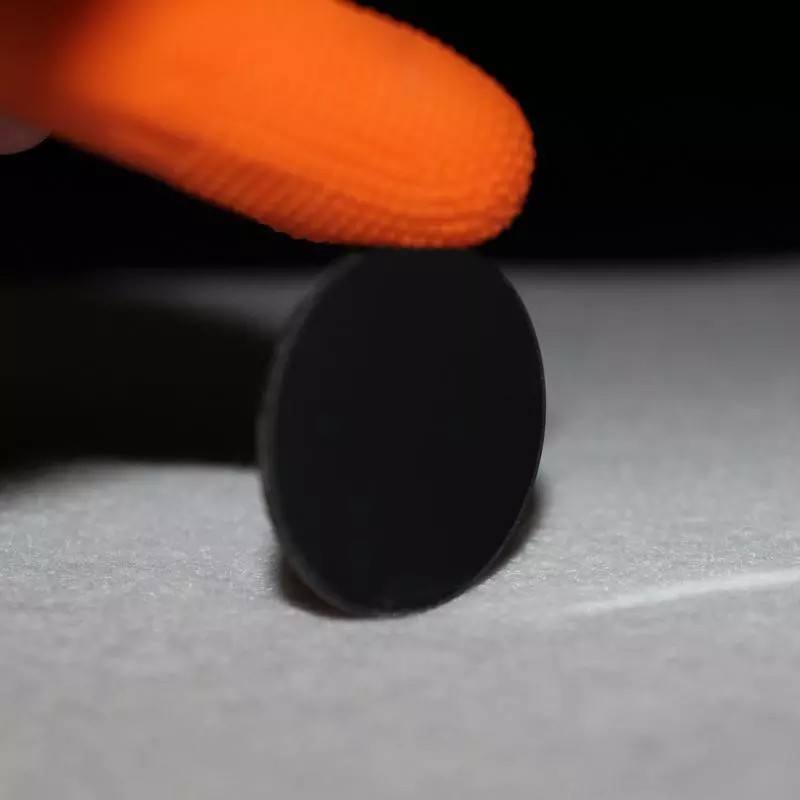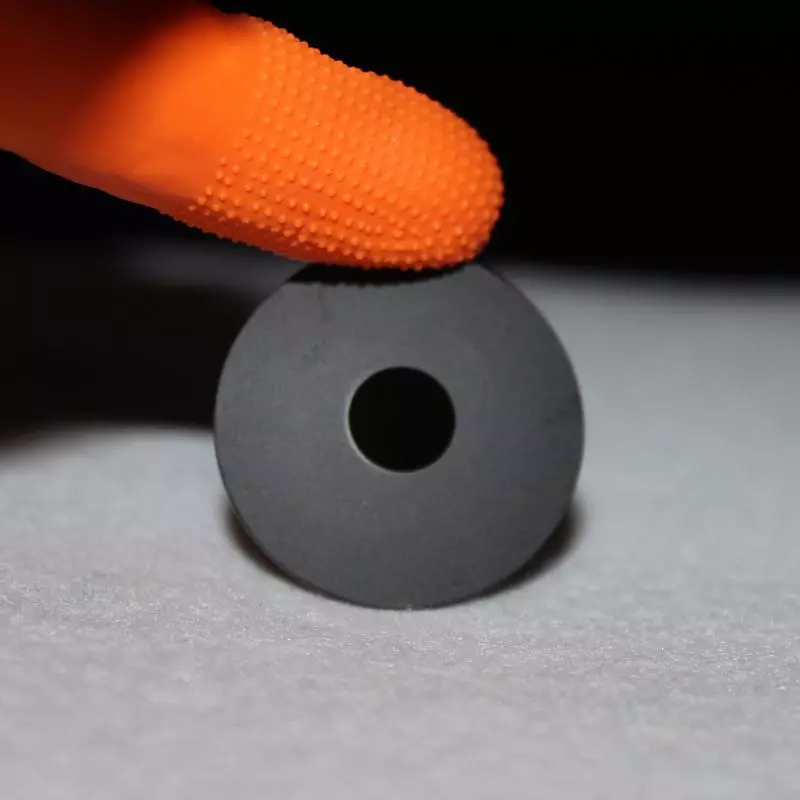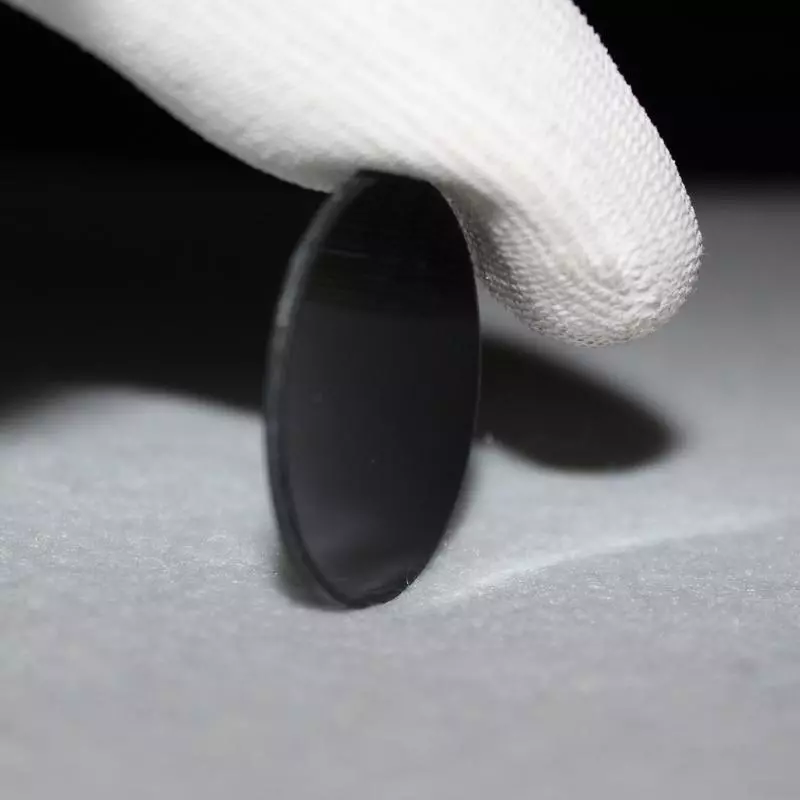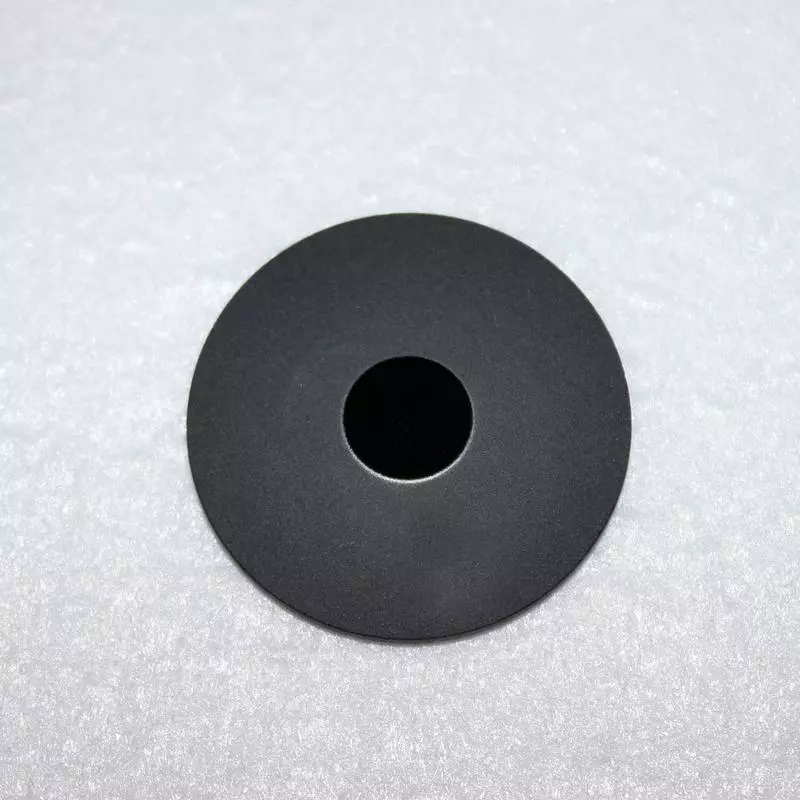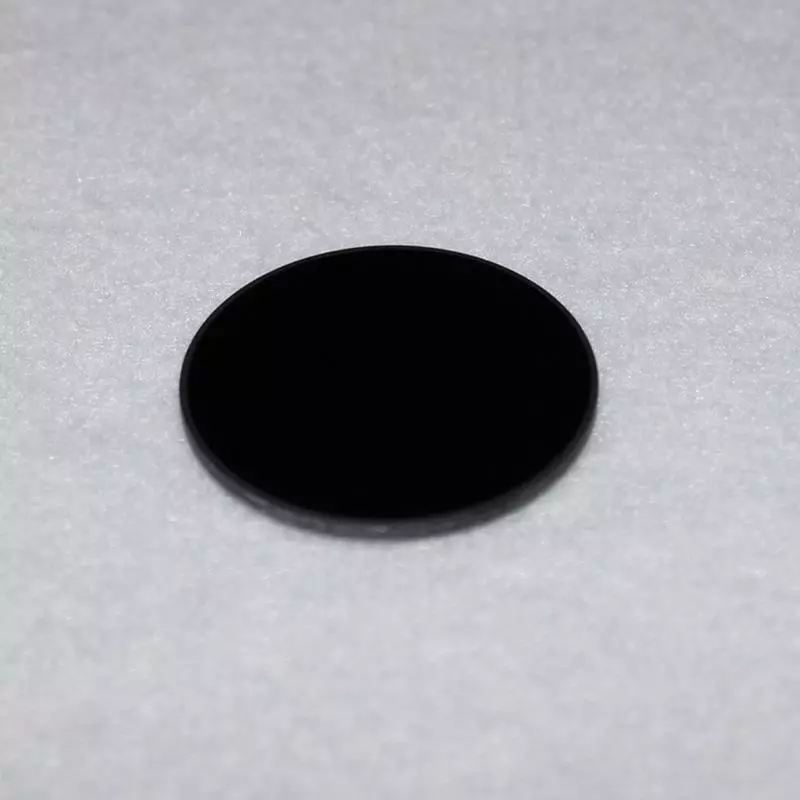Small Spherical lens with Black Opaque Glass
Dimension: +/-0.01 mm
Surface Accuracy: 60/40
Size Tolerance: 5/1
Angle Tolerance: 95%
Coating: 0.05mm,standard; 0.01 ,attainable.
Spherical Lenses are the most common lenses in optical systems design.
Both sides can be coated with an RMI high efficiency narrowband, anti-reflective coating.
● Plano-Concave Spherical Lenses have a negative focal length and diverges incident light. This forms a virtual image seen through the laser.
● Plano/Convex Spherical Lenses have a positive focal length and coverges the incident light. This type of lens forms both real and virtual images. Real images are focused and virtual images are magnified.
● Positive Meniscus Lenses are designed to minimize spherical aberration and are usually used in small f-number applications (f# <2.5). For 2.5 f#<10, meniscus lenses can also improve image quality and reduce spot size.
● Negative Meniscus Lenses are offered as an alternative to other negative lenses and are particularly appropriate for the high index IT materials. They are commonly used in beam expanding applications where minimal spherical aberration is desired.
● Bi-Convex Spherical Lens and Bi-Concave Spherical Lenses are also available.
| Standard Specification of Spherical Lens | |
| Materials | BK7, UVFS, FS,CaF2, MgF2, BaF2,ZnSe, Ge, Si, Cleartran,
Sapphire(Other glass and crystal types available upon request) |
| Surface Figure | Both Surfaces λ/10 at 633 nm λ/4 at 633 nm λ/40 at 10.6 µm λ/4 at 633 nm |
| Surface Quality | Both Surfaces 10-5 20-10 40-20 20-10 |
| Diameter Tolerance: | + 0.000″, – 0.025″ |
| Thickness Tolerance: | ± 0.025″ |
| Radius Tolerance: | ± 0.5% |
| Centration Error: | < 3 arc minutes |
| Bevels: | 0.010″ – 0.030″ at 45º |
| Clear Aperture: | Central 85% of diameter |
Our Ordering Process
Send us your request with detailed specifications
Receive a commercial offer with terms and costs
After your approval, we handle manufacturing, quality control, and shipping
📦 Shipping
3-5 days in EU, from 10 days to USA
💳 Payment methods
Cash, Bank Transfer, Cards (Visa, Mastercard, Amex, Discover) and PayPal
💬 Questions?
Contact us via WhatsApp, phone, live chat or email
